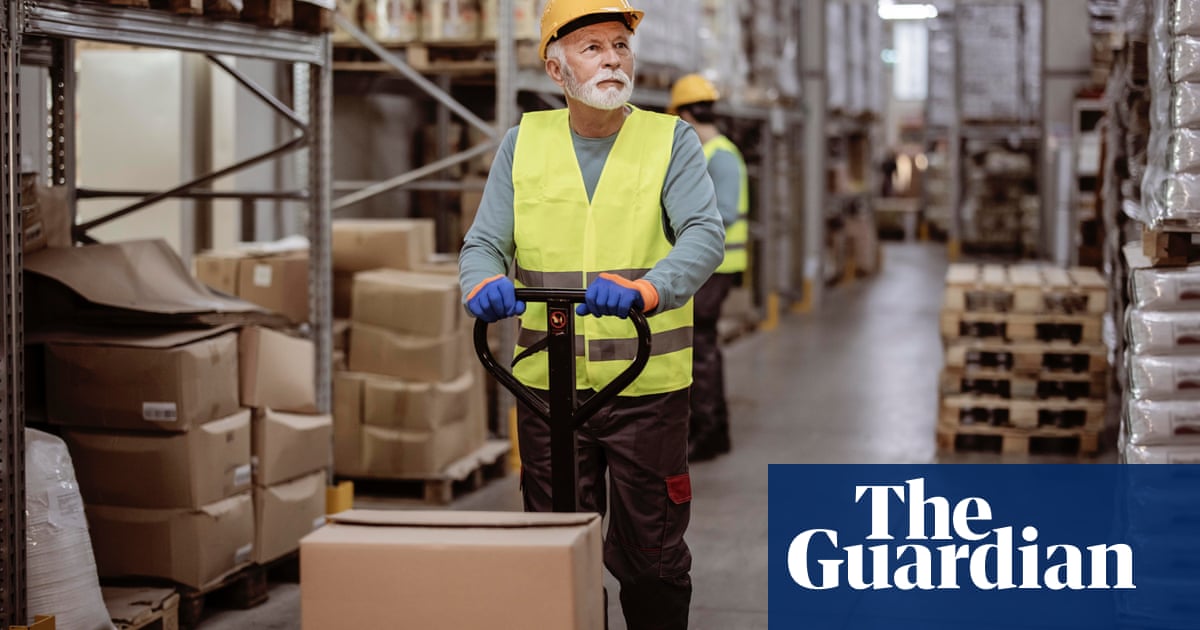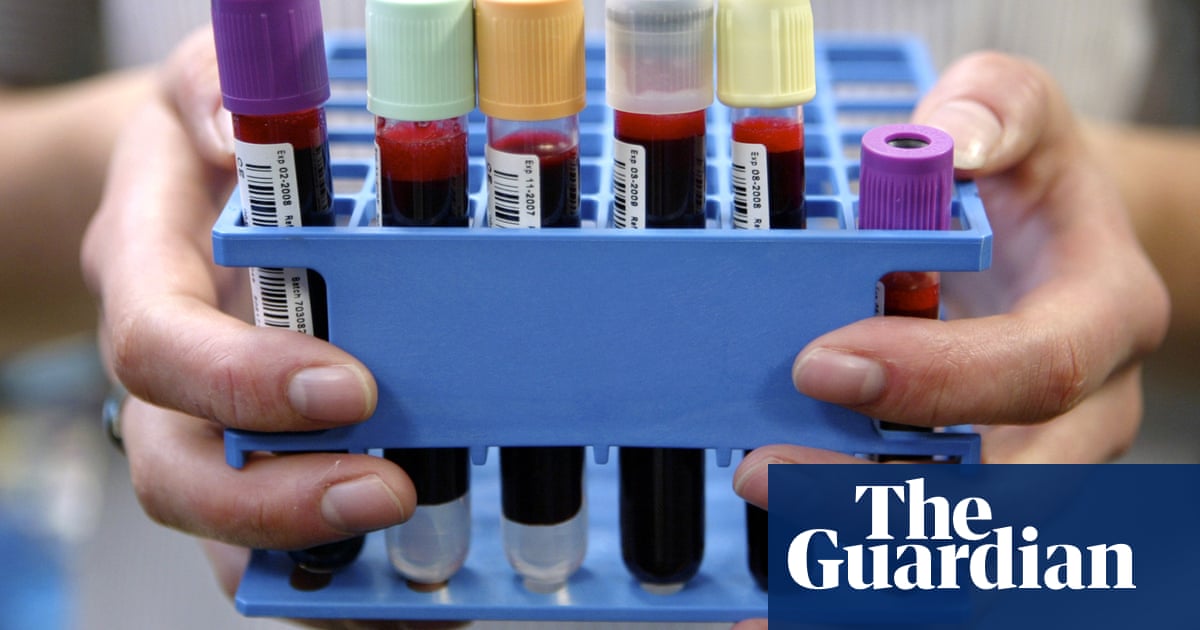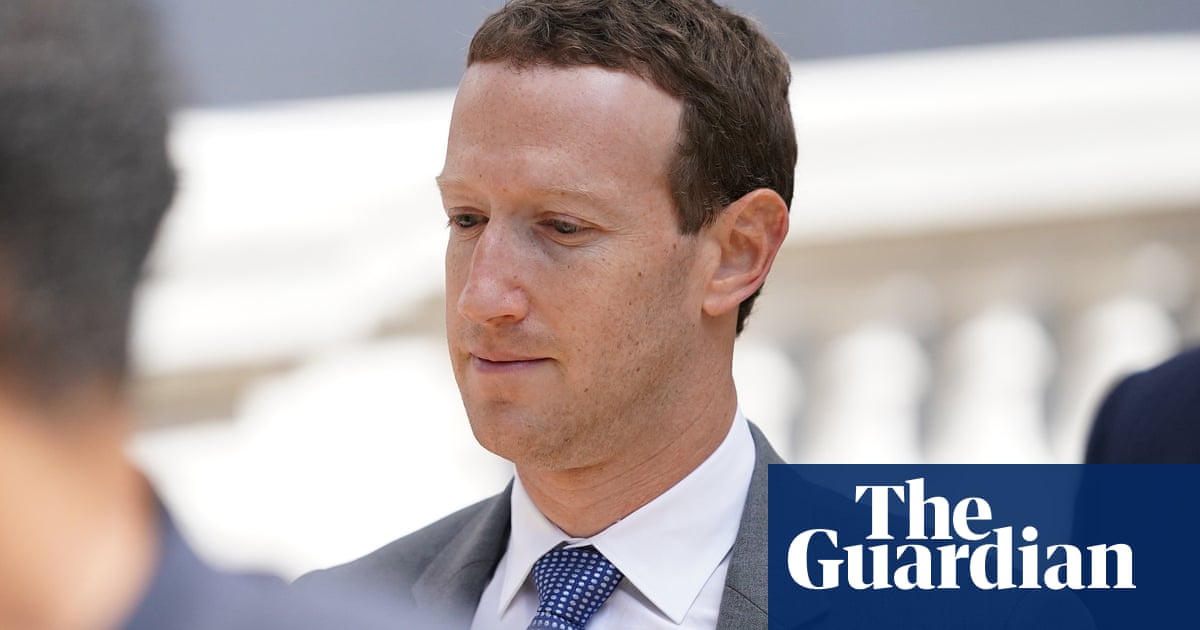
Pharmacists are waiting for details from the government about what measures are in place to deal with any delays to deliveries of drug supplies as a result of van driver shortages.
If the situation worsens, pharmacists have suggested that one fall-back could involve the use of a “serious shortage protocol”, which the government had originally prepared, against the backdrop of hard Brexit concerns, to cater for drugs with known supply problems. This would enable pharmacists to supply alternate forms and strengths of medicines without the need to contact the prescriber.
The National Pharmacists Association (NPA) said on Sunday that it was aware that deliveries to some pharmacies had been reduced and that its members worked together and with local GPs to get medicines that were needed when problems occurred.
“A resilient medicines supply chain is obviously vital to the health of the nation, so it’s important this isn’t allowed to escalate into a widespread problem that impacts patient care,” added the spokesperson for the NPA, which acts as the trade association for independent community pharmacy professionals in the UK.
Leyla Hannbeck, chief executive officer of the Association of Independent Multiple Pharmacies, told the Guardian that she had raised the question of what measures were in place to ensure that supply lines were not disrupted. “It was a question I asked at a round table with government representatives, so hopefully we will get some reassurance,” said Hannbeck, whose association represents more than 2,000 independent pharmacies around the UK.
“We do everything we can to make sure that we are prepared for any eventuality so that people are not left without medicines.”
Pharmacists are eager to ensure that the panic buying seen at the outset of the pandemic last year does not happen again, especially at a time when Covid-19 booster vaccinations and flu jabs are being administered.
Pharmacies that spoke to the Sunday Telegraph were quoted as saying that some orders were either arriving late or not at all, though customers were still being catered for. However, pharmacists who do home visits are among the healthcare staff who are experiencing problems as a result of fuel shortages caused by the supply chain crisis.
“At the moment I have about a quarter tank of petrol left and it is a concern,” said Claude Pereira, a pharmacist in London who carries out essential blood testing for people who are at risk of blood clotting.
While ambulance fleets will, in theory, have stocks of fuel, Pereira pointed out that the crisis was having an impact on workers such as pharmacists upon whom some housebound members of the public rely.
“We rely on our cars to get us to those places, and if we can’t use them, then it’s an issue. I went out at 5.30 [on Sunday morning] and went around a number of petrol stations in an attempt to get fuel, but I couldn’t. I’m crossing my fingers that things will calm down in the coming days.”
The NHS, Department of Health and Department for Business, Energy and Industrial Strategy have been approached for comment.












